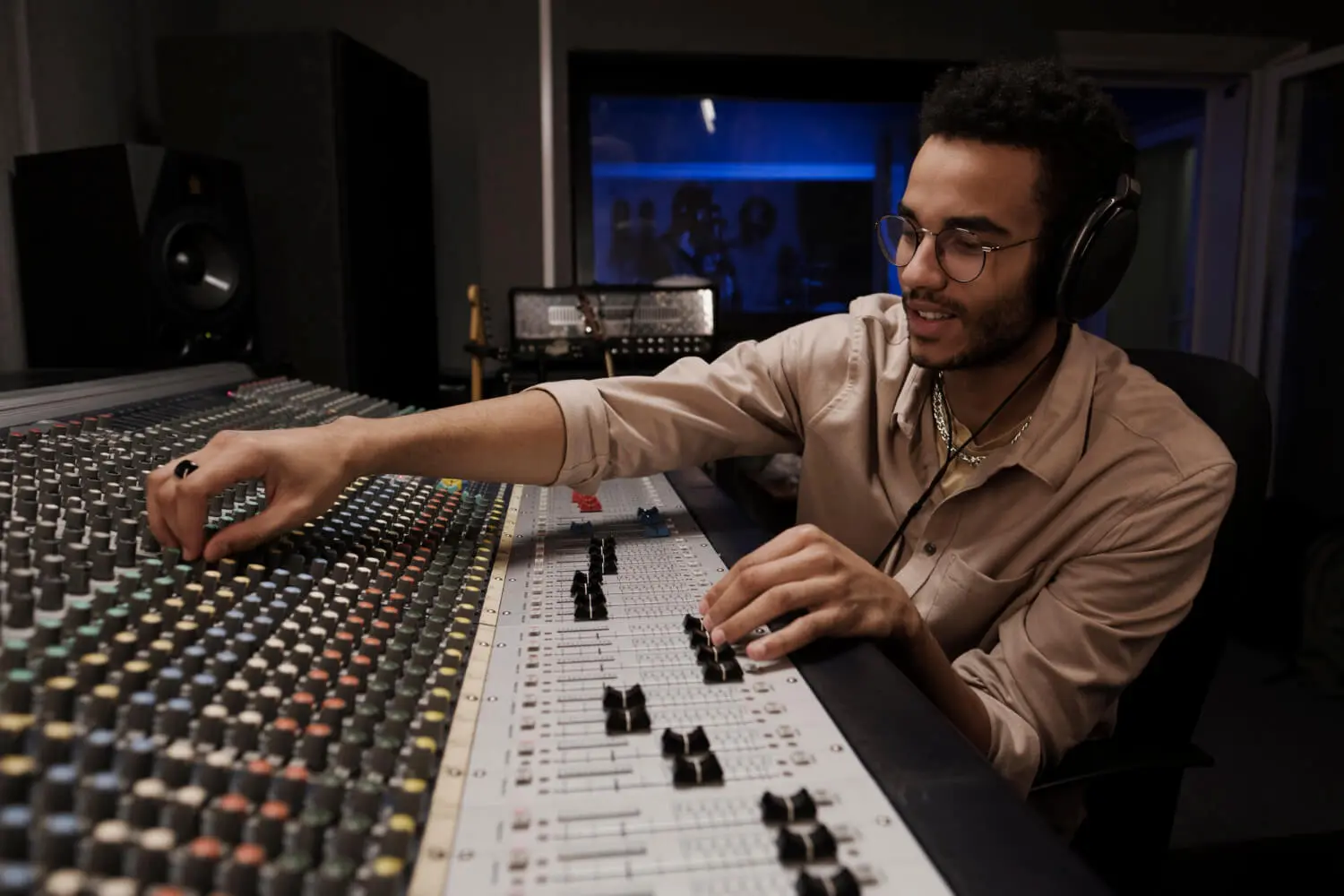So you’ve got an event coming up, and you want to make sure the audio is spot on. Nothing can dampen the vibe more than a crackling mic or music that’s not hitting the right notes around the room. Getting your event sound systems in order is crucial, and collaborating effectively with a sound technician can make all the difference. Whether you’re organising a wedding in the sunny fields of South Australia or a corporate conference in Adelaide’s bustling city, these tips will help ensure your sound is top-notch.
Understanding Event Sound Systems
Before diving into the specifics of working with a sound tech, let’s get to grips with what goes into a sound system setup for an event. Knowing the basics helps you communicate your needs clearly and ensures everyone’s on the same page.
Key Components of Event Sound Systems
- Microphones: These bad boys come in various types like wired, wireless, handheld, and even the sly little lavalier clip-ons. Choose based on what suits the flow of your event – do you need mobility or something more static?
- Audio Mixers: They’re the nerve centre. Here’s where volume, tone, and the blend of different audio sources get their charm. You’ve got options between analog and digital – analog being more intuitive, digital offering more bells and whistles.
- Power Amplifiers: These amplify the audio from your mixer out to the speakers. You’ve got to make sure the power matches the speakers’ needs to get that crisp sound.
- Speakers: Depending on your venue, you might go for line array speakers for even sound distribution or point source speakers for more pinpoint goodness.
- Signal Processing: This involves shaping sounds with equalizers, compressors, and effects to match your venue’s acoustics.
Setting Up for Success
Collaborating with a sound technician involves understanding what’s necessary for a successful setup. This way, you can dodge any audio hiccups that might arise on the big day.
Communicate Your Needs Clearly
Have a chat with your sound technician well before the event. Discuss the type of event, the number of speakers or performers, and any specific sound requirements you may have. Clear communication means they can plan the right gear and setup, and you’ll dodge the “I thought you meant this” scenarios.
Assess the Venue
Each venue has its quirks. Is it an open field, a cosy hall, or a sprawling conference centre? Your sound technician will need to understand the space to decide on speaker placement for optimum sound quality. Remember: evenly covered without dead spots is the goal, mate!
Equipment Testing and Sound Checks
If there’s one thing not to skip, it’s a full system test. Run everything from microphone checks to speakers. Double-check wireless frequencies – nothing worse than interference when your best man’s at the mic. A comprehensive sound check allows you to nip any issues in the bud, adjusting levels, EQ, and settings.
On the Day: Working Smoothly with Your Sound Technician
Here we go, event day! Here’s how to ensure everything’s smooth sailing once your trusty crew arrives to work magic with their event sound systems.
Constant Communication
Keep an open line of communication with the sound tech throughout the event. If something doesn’t feel right audio-wise, they’re your go-to for tweaks and adjustments. And don’t feel shy about asking them any questions that might help ease your mind.
Microphone Techniques for Presenters
Get the presenters up to speed on microphone techniques. Seems basic, but knowing how to hold a mic or where to pin a lavalier can save a lot of awkward sounds later. Quick pointers from your sound tech can make a big difference in the clarity and quality of what the audience hears.
Have a Backup Plan Handy
Always be ready with a backup. Whether it’s extra cables, batteries, or even a spare mic, little things can go wrong. A sound tech often brings along some spares, but having your contingency plan helps everyone breathe easier.
Power Management
Ensure the setup has enough juice! Check breaker panels in advance, as underpowering could lead to unnecessary shutdowns. Trust your sound tech’s expertise in ensuring everything’s powered properly.
Post-Event Reflection
Once the event wraps up, take a moment to reflect on how things went. Was the sound just right? Did the collaboration work well? Adjust and note any feedback for next time – you’ll be even better prepared for following events.
Final Thoughts
Sound is a huge part of how people experience your event, and getting it right is an art. By knowing the components of event sound systems and setting up a solid communication line with your sound tech, you’ll have the foundations set for an engaging and clear audio experience.
When you think back on the event’s success, remember the key role sound played. Whether it’s a heartwarming wedding speech or an inspiring conference talk, the right sound makes all the difference. So keep these tips in mind, and may your event sound systems always deliver!

